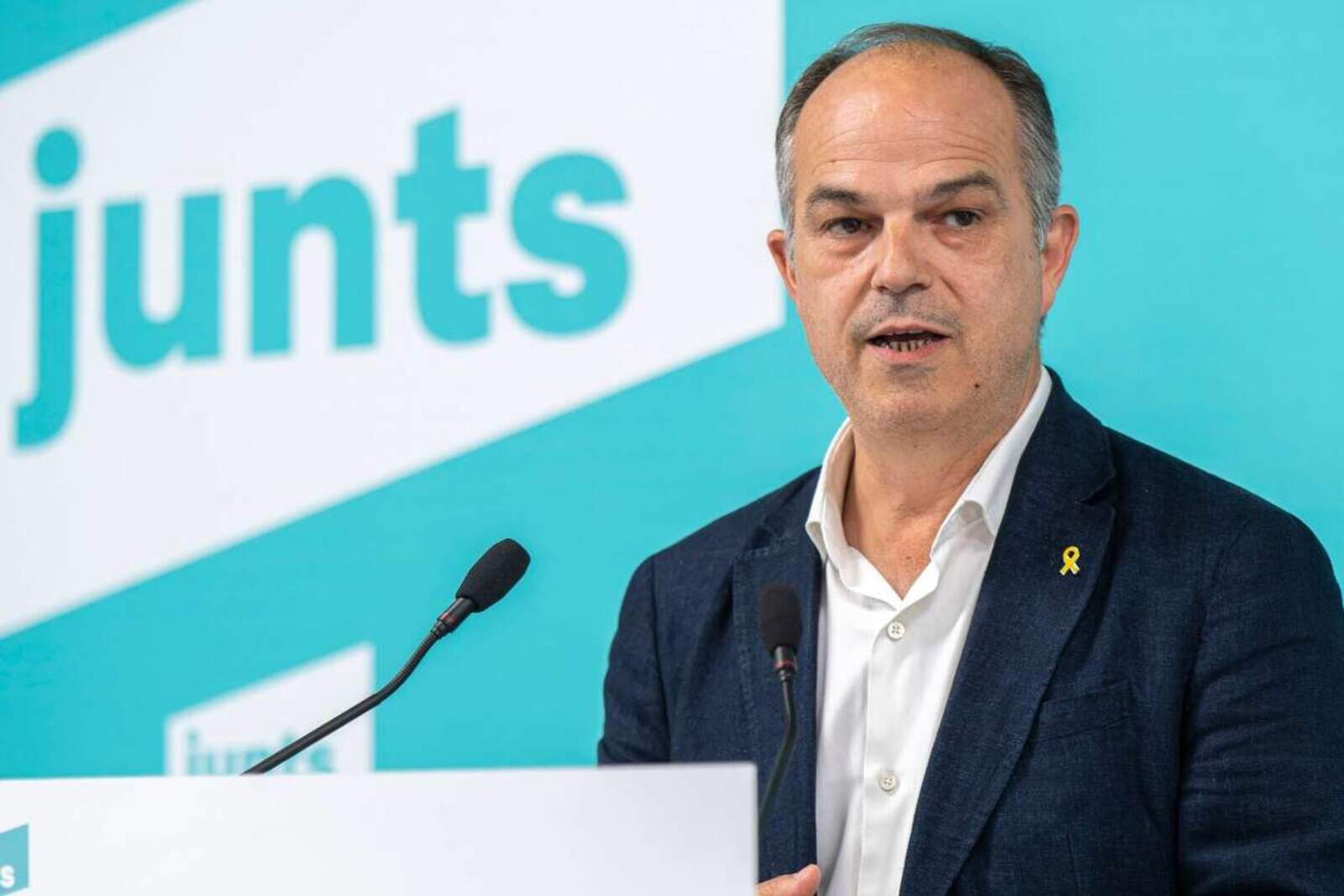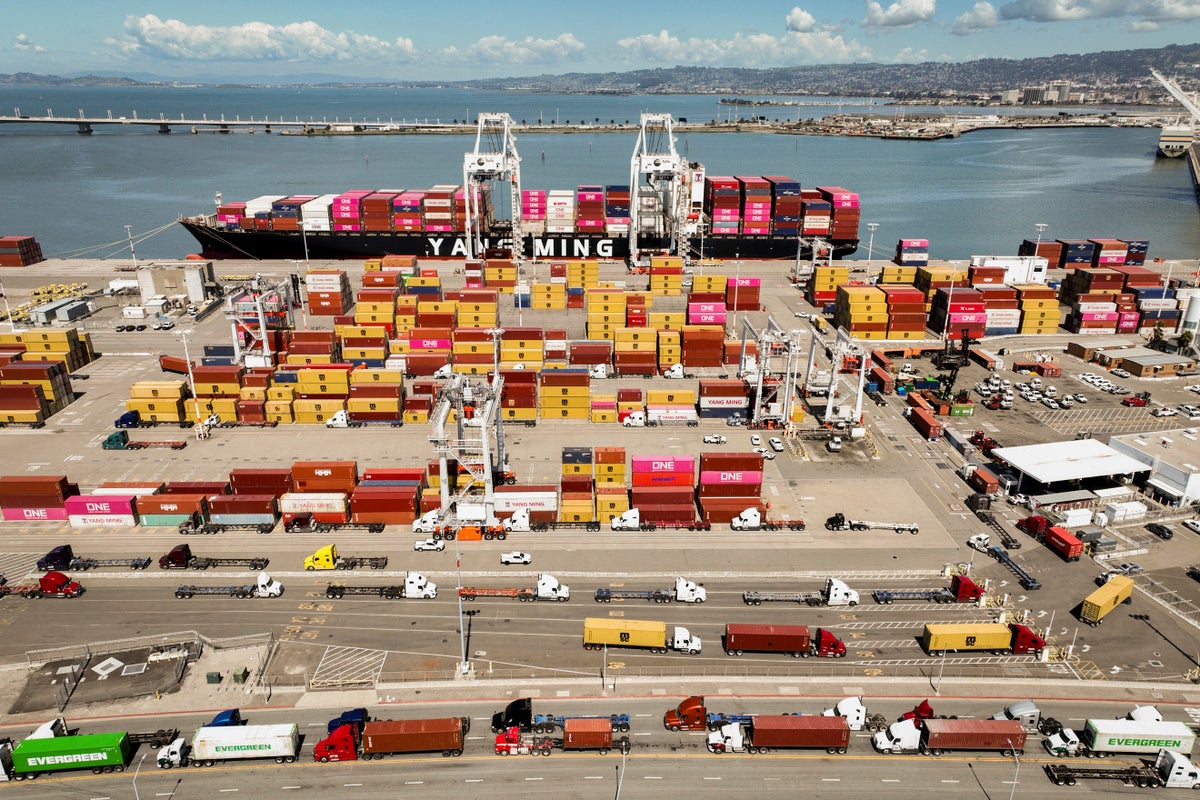March 8, is set aside every year to celebrate womanhood. On this day, and throughout the month of March, the world recognises the contributions of women and reflect on their contributions towards gender equality while raising awareness and promoting their empowerment. The theme for this year, Accelerate Action, is both an admonition and a reminder that while strides may have been recorded in attaining the goal, there is still a long way to go.
Women have continued to demonstrate revolutionary growth in various industries, communities, and systems. They are also in the vanguard of advancement, from spearheading groundbreaking scientific research to breaking new ground in technology and promoting social justice. The banks in Nigeria, for example, led by women, keep experiencing groundbreaking shifts.

With 11 female Chief Executive Officers (CEOs), Nigeria stands as a hope of gender diversity in the financial space in Africa. Across the globe, women now hold about 29 per cent of executive roles. While this seems progressive and a gradual positive shift from the past, women are still underrepresented compared to their male counterparts.
In Nigeria, although they constitute 49 per cent of the population, women are grossly underrepresented in vital economic sectors. The average percentage of women at the executive level is only 20 per cent, despite driving 70 per cent of informal trade. It is cheery to see Nigerian women following in the heels of the first female Vice Chancellor, Prof.
Grace Alele-Williams. An increasing number of Nigerian women are also demonstrating scholarly and administrative acumen in the educational sector. At the moment, out of the 270 approved universities in Nigeria, there are only 13 female vice chancellors, a paltry 4.
8 per cent. Several factors contribute to this low number. Women contend with responsibilities in the home front.
Marriage and motherhood tasks consume the time they would otherwise dedicate to advancing their career goals and attain desired heights. Gender parity remains a far cry. At the current pace, it will take over a century to achieve gender equality.
Isn’t it puzzling that while women contribute about 51 per cent of the electorate, they are least represented in the political arena? For instance, of over 15,000 candidates who contested in the 2023 elections, only about 1553 (10 per cent) were women. Of these, only a paltry 72 of them emerged. Imagine having only seven female deputy governors out of 36, four female senators out of 108 members, and 15 out of the 369 lawmakers in the House of Representatives.
Others were elected to the various states houses of assembly. Believe it or not, as of today, in 15 state houses of assembly across Nigeria, there is not a single female lawmaker! Largely for religious and cultural reasons, women are rarely considered for political positions. And where they are preferred, they are often treated with some form of disrespect or disdain.
Accelerating action to close these gaps, therefore, means promoting and enabling more policies that encourage women leadership in decision making positions. Moreso, beyond mere aspirations, policies must be implemented. This may not come easy because our patriarchy culture which is deeply ingrained is still very loud, even among the female folk.
Women have remained the enemies of women. Other women are often used to attack other women when their rights are trampled upon. It is time to, not just talk about it, but act and act fast.
This is where men and women alike need to accelerate actions and liberate women who are in the shackles of male dominance. Children should be raised without gender bias that puts the female at a disadvantage. The level of education and enlightenment of the female is still regrettably low.
Shutting down schools for a whole month, for instance, because of some religious practice does not help such advocacies. Sadly, such myopic influences are louder and often belittle the rational ones. Empowering and educating the female gender must be given adequate priority.
The celebration of the womenfolk is still largely an elitist agenda. Most women living in rural areas are neither aware of International Women’s Day nor know its significance. Like most international days, the day came and went like any other day, without any significant impact to it among most women.
Gender equality is not just a women’s issue. It is a societal goal. Governments, businesses, communities, parents, and the male folk all have critical roles to play in promoting inclusivity.
Together, we must all challenge biases, create safe and equitable environment, and champion women’s leadership, which would enhance a fair world. Women remain a major stakeholder in the development of any sane society. Thus, making them second fiddle or second-class citizens is a misnomer that must be robustly remedied.
If the development of our society is a thing of priority, then we must also accelerate actions to bury gender discrimination and make it a thing of the past. This is beyond what a day or month will tackle. Adeosun wrote from Asaba, Delta State.
.
Politics

IWD: Accelerate action and reality of the times

March 8, is set aside every year to celebrate womanhood. On this day, and throughout the month of March, the world recognises the contributions of women and reflect on their contributions towards gender equality while raising awareness and promoting their empowerment.The post IWD: Accelerate action and reality of the times appeared first on The Guardian Nigeria News - Nigeria and World News.















